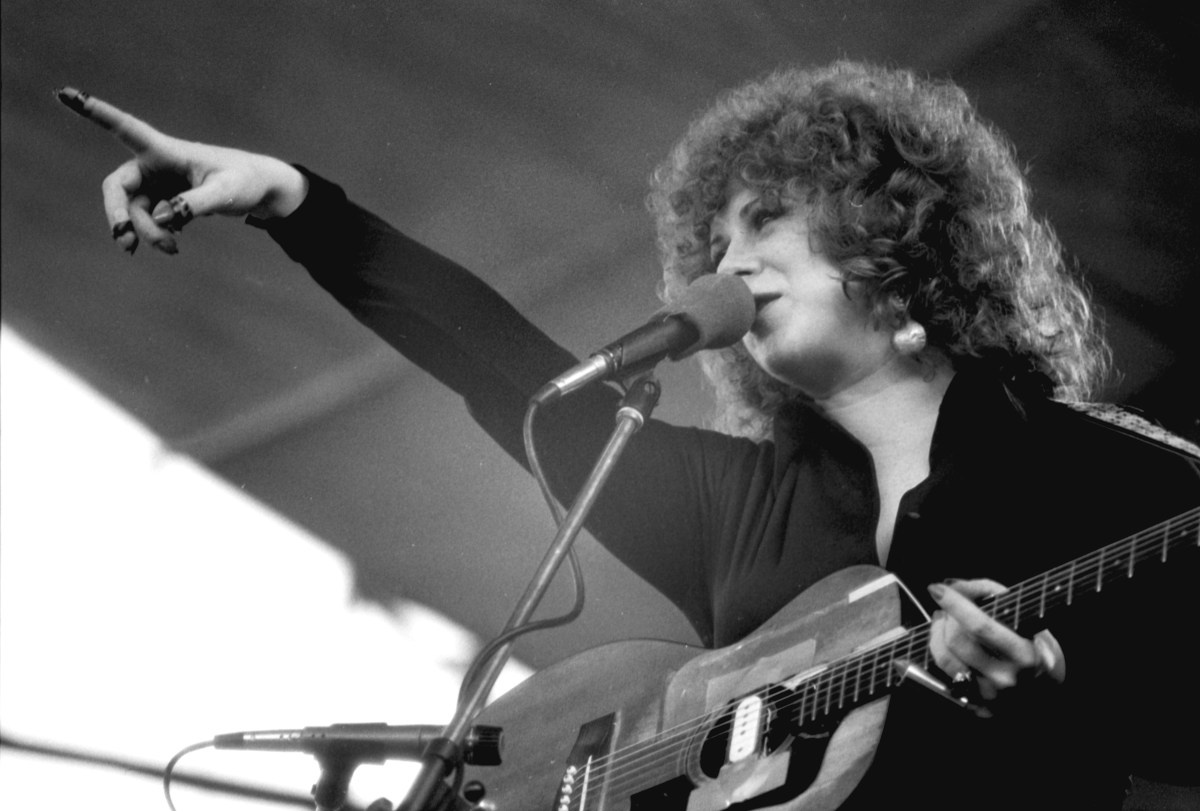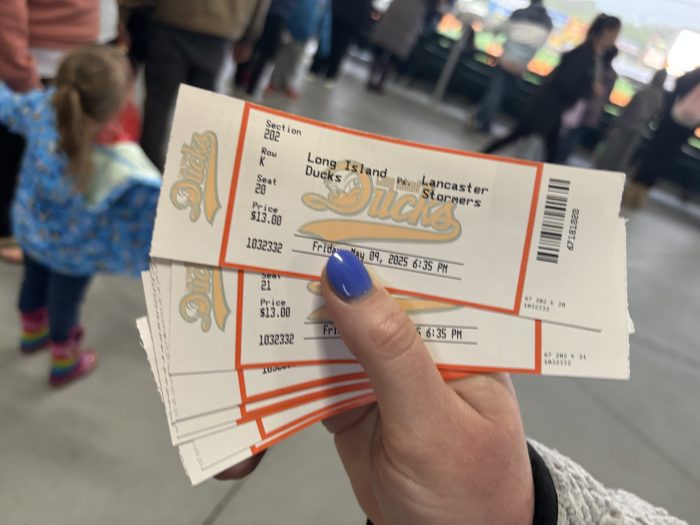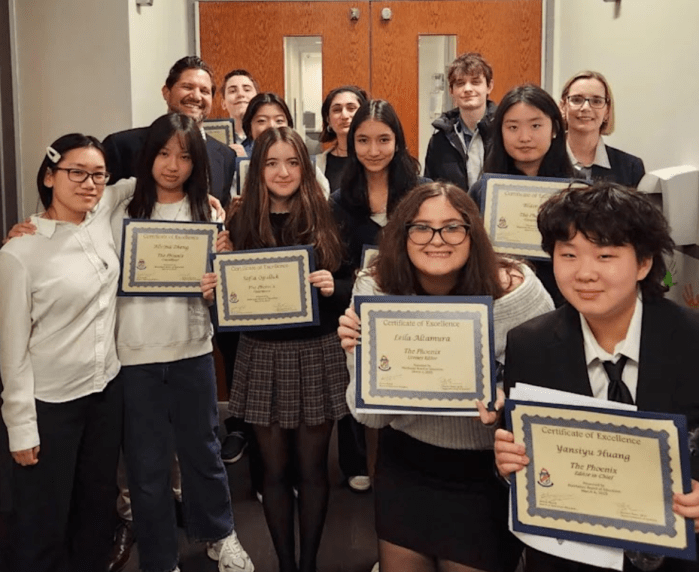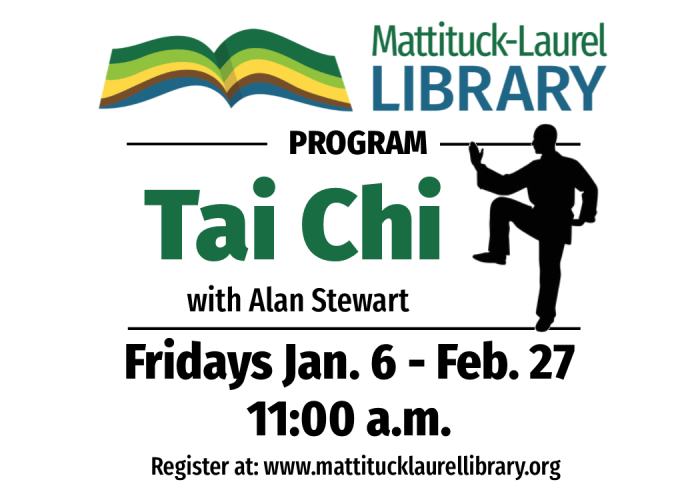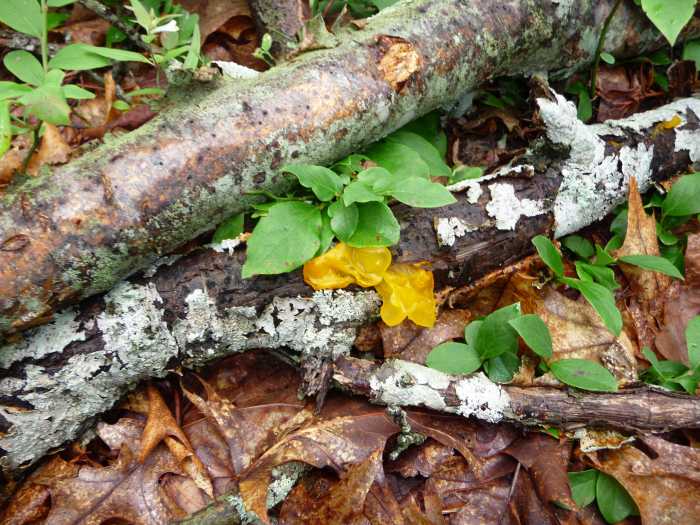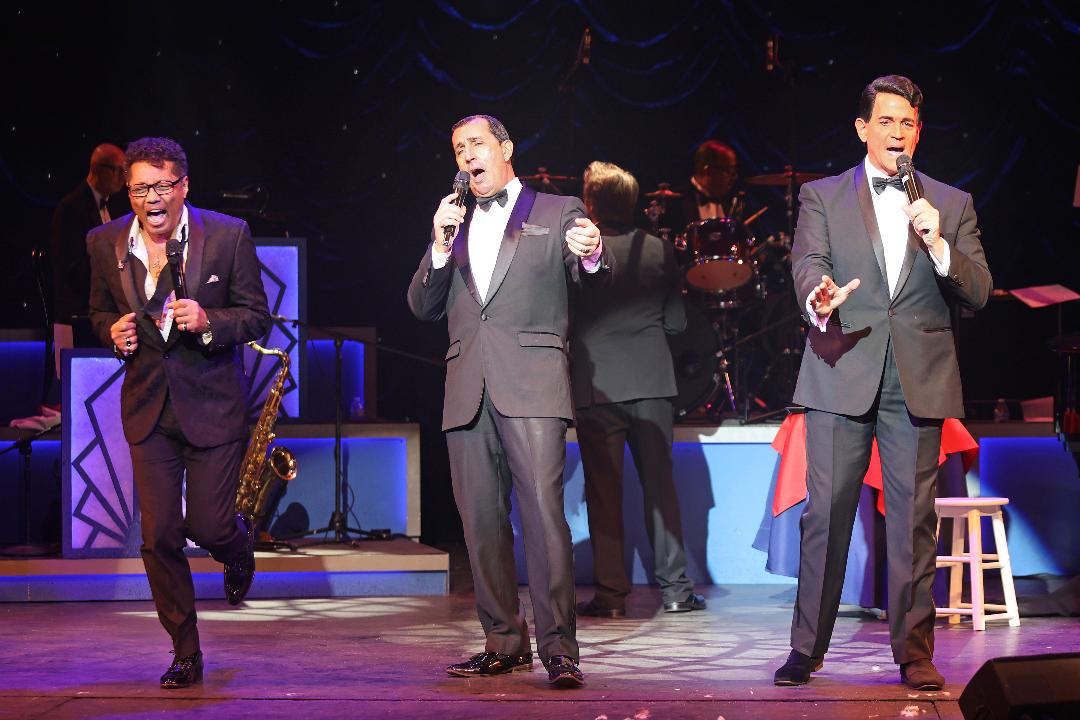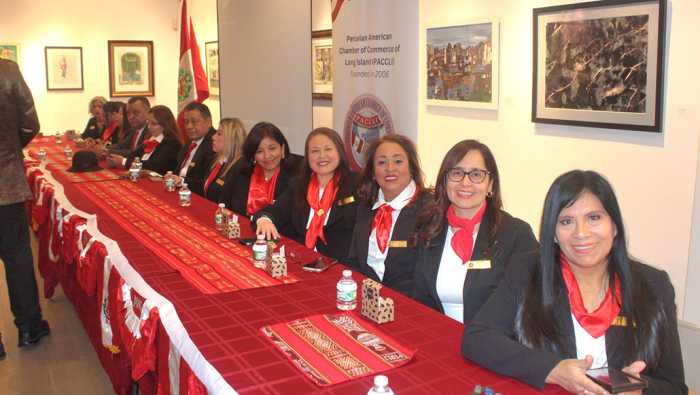There is a live album by the late Roy Buchanan titled The World’s Greatest Unknown Guitarist. It’s a moniker that could well be applied to Ellen McIwaine, a Tennessee-born guitar-playing singer-songwriter who is the subject of the Alfonoso Mairona documentary, Goddess of Slide: The Forgotten Story of Ellen McIlwaine. McIlwaine’s background is the stuff of legend and would be a hard sell as a work of fiction if it weren’t true. An orphan adopted by Presbyterian missionaries and raised in Kobe, Japan, McIlwaine was a polyglot who spoke three languages (English, French, Japanese) and cut her teeth playing piano in church before moving to guitar and returning Stateside. It was in 1966 when she landed in Greenwich Village and her unique style of flamenco-meets-blues playing and penchant for scatting in Japanese garnered the attention of numerous musical heavyweights including Jimi Hendrix, Frank Zappa, Richie Havens and Odetta.
Despite her enormous talent, a brief early ‘70s stint on Polydor Records didn’t yield any commercial success. McIlwaine’s eclectic musical style didn’t gibe with more conventional trends and eventually led to her eventually dropping off the map amidst industry higher-ups trying to turn her into a conventional artist. It’s a story that would have been left to the ash heap of history had Mairoana, the co-director of the award-winning 2017 documentary Rumble: The Indians Who Rocked the World, hadn’t inadvertently come across McIlwaine’s name on a 1974 compilation he picked up while filming the aforementioned film in New Orleans back in 2014.
“I bought this double-album called The Guitar Album at this record store called Peaches,” Maiorana recalled. “Jimi Hendrix is on there as well as Eric Clapton, Roy Buchanan and Link Wray, which is why I bought it. And I saw Ellen McIlwaine’s name and they had three of her songs on there, which was impressive. I was like, ‘Wow, who is Ellen McIlwaine?’ I bought the album and went back to the hotel. At the time, I was traveling with a portable record player. I opened the album and played the vinyl and jumped straight to Ellen’s song ‘We the People.’ The minute I heard the song, I got chills and thought it was incredible. At first, I couldn’t even figure out if it was another band member. Was there somebody playing bass? I couldn’t figure it out. I was impressed, but I was in the middle of doing Rumble, so I didn’t do any real follow-up.”
It wouldn’t be until four years later when Maiorana was returning from a Rumble screening in February 2018 when he received a random email from someone named Ellen raving about “…how it was about friggin’ time somebody made a movie about Indigenous contributions to music.” When the director asked his new admirer if she was a musician, filmmaker or just a fan she responded, “My name is Ellen McIlwaine and I dabble in music. I guess my claim to fame is I’m the only woman to share the stage with Jimi Hendrix six nights in a row.” It was then that Maiorana felt a twinge of recognition when he read McIlwaine’s name.
“I emailed her back and asked if she was Ellen McIlwaine from The Guitar Album,” he explained. “She immediately answered and said that was her. I told her we needed to talk. That was the beginning of my interest in this artist who seemed to have fallen through the cracks. If you make it on that album with all those incredible late ‘60s and early ‘70s guitar players, which was the peak for all these guitar players, you’ve got to be bringing something to the table. Why did she disappear? It was so unique—scat singing in Japanese. I was very impressed, but I was also wondering what happened, so that’s how it all started. That’s how I was obsessed with trying to find out more about Ellen and this is how I started this relationship with her for the next two years over the phone.”
It wouldn’t be until November 2019 when Maiorana and McIlwaine would meet in person at the annual Women in Blues Music Festival in Toronto that the latter was invited to play at. Until then, the two spent time on the phone where the documentarian slowly pulled info out of the modest McIlwaine. Opening for Bill Withers in Montreal, taking Tom Waits on the road as her opening act after a similar stint for Waits didn’t work out with Zappa. Opening for Havens and Odetta or having Billy Joel open for her at the Bitter End or having Bonnie Raitt fill a similar role up in Boston. Co-headlining with Bruce Springsteen and the E Street Band at a Philadelphia college campus in 1974. Or being a last-minute fill-in for The Persuasions, who were slated to open for funk band Mandrill at Carnegie Hall where she debuted an instrumental she was working on called “We the People.” It was also one of the songs Maiorana heard on The Guitar Album.
“She took a cab there, showed up with no lyrics and this guitar piece she was working on,” Maiorana share. “She said, ‘This is a song called ‘We the People’” and dedicated it to [Native American activist] Russell Means. Never mind the guts it took do that and say she was going to play this instrumental She didn’t have any lyrics, but decided to scat sing in Japanese. That just tells you the level she was playing at.”
When the two finally met in person at the aforementioned festival, Maiorana got to witness McIlwaine’s formidable musical skills in person despite the fact that she was recovering from a broken ankle and said she hadn’t played in a number of months.
“I remember she had her ankle in a boot walking on stage with a cane,” Maiorana said. “She had her acoustic Guild guitar, pedals and a Mississippi John Hurt amplifier he gave Ellen after seeing her play in Greenwich Village. Before she started playing, she asked for four minutes to warm up her guitar because she hadn’t played in a while. All I remember was her starting to wail away on this guitar. Within a minute or so, people started getting up and giving her a standing ovation. She did a medley of stuff like Stevie Ray Vaughan and Jimi Hendrix and I was thinking, ‘She hadn’t played in six or seven months?’”
He added, “After the show, we met for the first time in person. We hadn’t seen each other and hadn’t even done a Face Time. We hugged and I said, ‘Ellen, I’m sorry, but I have to do this film on your life.’ She said okay so I said we should talk. She said she works all week, so we could only speak on the weekends. I was curious and asked what she did and with a smile, she said she drove a bus for a private all-girls school in Calgary. That was the beginning of my commitment to doing a film on her.”
With McIlwaine on board, obstacles started cropping up from the pandemic breaking out and Maiorana losing his mother to the ever-present struggle for financing documentary filmmakers face. And just as the Canadian director got momentum going for this project, his subject unexpectedly passed away on June 23, 2021 from esophageal cancer. But not before the duo had forged a deep connection. It made Maiorana all the more determined to not only complete the documentary, but to ensure his late friend’s legacy was honored.
“I get emotional watching the film because I feel the injustice and unfairness of it all for this woman who had to deal with all that stuff—and I know there’s many,” Maiorana said. “There are many, but she has no family. That’s the other thing people forget. Her parents died in the ‘80s for God’s sake. She didn’t have anybody and the people she tried to befriend and trust—they didn’t get to know Ellen like I got to know her. I got to know her late in life I admit. I don’t know why she said yes in the end. The other thing is why did she choose to send me her diaries and ashes? That was tough to take in the beginning for me.”
Response to Goddess of Slide has been positive from both audiences (a sold-out February showing in Saugerties outpaced a Becoming Led Zeppelin screening at the same venue that only drew 10 people) and film festivals in Australia, Canada and Long Island. Maoirana, who will be participating in a Q&A at the Long Island Music Hall of Fame Music Doc Film Festival is optimistic that movie-goers will come away with the sense of wonder and awe he had when he first heard and saw Ellen McIlwaine play live.
“People have seen the film and come out enlightened by her music, personality and art, along with her relentless bravery,” Maiorana said. “A lot of them said she was so brave because a lot of times when things like this happen you can give up on your guitar and voice. It would have been easier. And also give up on trying to do something different, which Ellen continued to do. She always pushed the envelope no matter what. I think her persistent passion for doing her music and doing it the way she wanted to do it are what people are going to get out of this film. I also think they fall in love with her. There is no way you don’t fall in love with Ellen McIlwaine. People come out of there with an experience of having been wooed by Ellen McIlwaine, her voice, who she was and the bravery she had all the way to the end.”
Goddess of Slide: The Forgotten Story of Ellen McIlwaine will be screening at the inaugural Long Island Music Hall of Fame Music Doc Film Festival on Sunday, August 10. Visit limusichalloffame.org/limehof-music-documentary-film-festival-2/ for more information.




